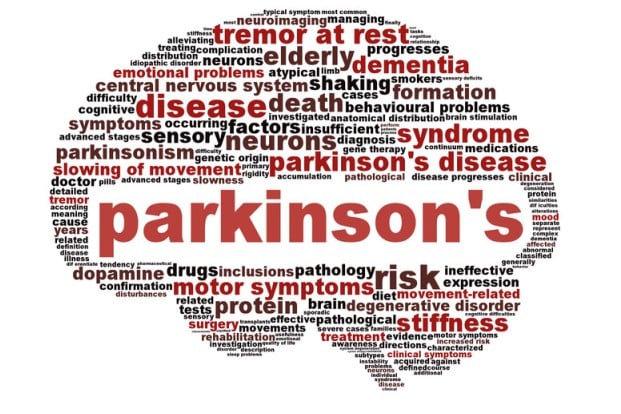What are the different types of Tremors in Parkinson's?
Apr 19, 2022
A tremor is an involuntary, uncontrollable muscle contraction, which manifests as shaking in body parts, most commonly the hands. About 70 percent of Parkinson’s disease patients experience tremors in the early stages of the disease.

Rest tremor
Tremor which occurs when the muscles are not being voluntarily moved.
Normally when the limb is moved, the tremor will weaken or disappear. Like all tremors, it will get worse when stressed or anxious. Rest tremor is quite separate from other tremors. It is most commonly found in Parkinson’s disease.
Action tremor or kinetic
Action tremor occurs with the voluntary movement of a muscle. Most common types of tremor are called action tremor. There are several sub-classifications of action tremor, many of which overlap. Postural tremor occurs when a person maintains a position against gravity, such as holding the arms outstretched.
Postural tremor
Postural tremor occurs when a person maintains a position against gravity, such as holding the arms outstretched. Kinetic tremor is associated with any voluntary movement, such as moving the wrists up and down or closing and opening the eyes.
Kinetic tremor
Action tremor is any tremor that is produced by voluntary contraction of a muscle. It includes postural, kinetic, intention, task specific, and isometric tremor: Postural tremor is present while voluntarily maintaining a position against gravity. Kinetic tremor is tremor occurring during any voluntary movement.
Idopathic dystonic tremor
Dystonic tremor is a type of tremor which occurs in conjunction with dystonia, a neurological disorder where incorrect messages from the brain cause muscles to be over-active resulting abnormal postures or unwanted movement. Dystonic tremor usually appears in young adulthood or mid-life.








